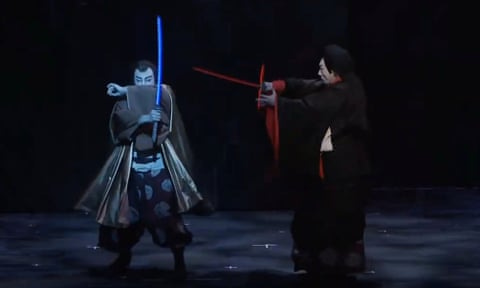Kabuki Wars
Forgotten lessons of the Cold War
Musings below on my trip last week to attend the Spring Meetings of the IMF/World Bank in Washington DC. To access more content, please visit our new website here.
The end of the Cold War in the early 90’s was brought about by the realization that there was no practical alternative to peaceful coexistence. It resulted in a period of unprecedented prosperity. That halcyon era of cooperation in trade, technology, and education has now come to an end, replaced by a new era of competition that has also seen a sharp revival in military spending. While direct conflict between major powers still seems unfathomable, the many-headed hydra of regional conflict has erupted across the globe, creating human suffering as well as disproportionate impacts on the world economy.
At the same time, domestic political fragmentation linked to global conflicts has produced a kind of theater, a kabuki performance we cannot avoid watching. The unrest on US college campuses over the war in Gaza is evidence of an entirely new brand of ideological syncretism. This divide over worldviews cuts across national borders.
Could this drama suddenly become a real world war? Are we in danger of crossing the line? I think it is much more likely that violent outbreaks will continue and will remain physically localized but politically contagious. Covid revealed that as a species we are fairly incapable of working together for the common good even in extreme circumstances. When the next threat arrives, we can fully expect another round of blame and hysteria, since international institutions are not working as intended.




